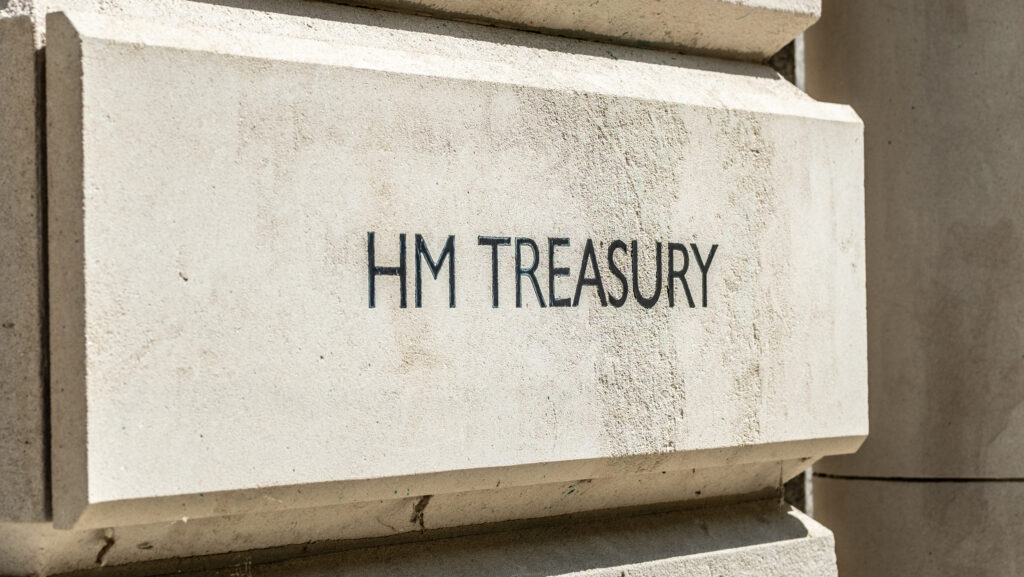Editor’s View: Fresh chink of hope for amends to IHT reform
 © Adobe Stock
© Adobe Stock At the end of last month I wrote in this column that no successful effort had yet been made to persuade the Treasury to change tack on its proposed reforms of inheritance tax (IHT).
Now another organisation is having a tilt: the Centre for the Analysis of Taxation (CenTax) – the same body that has previously done so much to advocate for the reforms to IHT in the first place.
Arun Advani, the director most prominently associated with work on the topic, has returned as the co-author of a new report delving in (much) greater detail on the likely impact of the reforms in their current guise.
See also: Rural groups reject figures in new IHT impact assessment
Crucially, the report says amends could be made that would deliver the government’s stated aims for IHT – raising revenue and limiting tax breaks for the wealthy – and reduce impact on a chunk of those now in scope.
These include permitting allowances to be transferred between couples, as well as raising the threshold of assets before the tax kicks in.
The authors recommend that the latter could be revenue neutral by limiting the total amount of relief available, meaning smaller businesses could be shielded at the expense of the largest estates who would pay more.
Yet they also pooh-pooh the farming lobby’s favoured amendment – the clawback mechanism – saying it is unlikely to raise the cash required.
For this reason, and the fact that Mr Advani is the academic most associated with calls for IHT reform in the first place, the response from farming groups has been lukewarm at best.
Indeed, despite the CenTax report going on for 136 pages, they still maintain that the authors are wide of mark on the crucial dispute over how many businesses will be lined up for the tax.
CenTax’s estimate of 480 estates a year is broadly in agreement with the Treasury, but well under the worst estimates by the farming industry.
This gap is for several reasons including – as the Central Association of Agricultural Valuers’ Jeremy Moody says – that the paper did not have the data to show the real value of farming’s operational assets.
But as the boffins exchange broadsides, perhaps the only question that really matters is this: does the fact that CenTax has the ear of the Treasury mean it will be listened to?
Clearly officials and politicians are more likely to listen to a perceived ally, perhaps even the architect of what has been put in place already, than the many vocal opponents that have lined up to lambast them so far.
And there is still time for workable tweaks in the form of amendments to the Finance Bill as it makes its way through Parliament this autumn.
Indeed, if another painful Budget is happening around that time, some favourable changes may even be perceived as desirable to dilute the impact of fresh pain elsewhere.
On that topic, many of you will have already seen the rumours this week about officials examining whether to tighten the rules on lifetime gifting in this autumn’s statement.
I’d say this week’s events significantly raise the likelihood of some changes, but it may be a case of giving with one hand and taking with the other.

